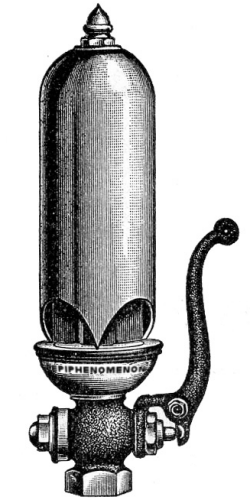 An interesting paper in Behavioural and Brain Sciences from Morsella, Godwin, Jantz, Krieger, and Gazzaley, reported here: an accessible pdf draft version is here.
An interesting paper in Behavioural and Brain Sciences from Morsella, Godwin, Jantz, Krieger, and Gazzaley, reported here: an accessible pdf draft version is here.
It’s quite a complex, thoughtful paper, but the gist is clearly that consciousness doesn’t really do that much. The authors take the view that many functions generally regarded as conscious are in fact automatic and pre- or un-conscious: what consciousness hosts is not the process but the results. It looks to consciousness as though it’s doing the work, but really it isn’t.
In itself this is not a new view, of course. We’ve heard of other theories that base their interpretation on the idea that consciousness only deals with small nuggets of information fed to it by unconscious processes. Indeed, as the authors acknowledge, some take the view that consciousness does nothing at all: that it is an epiphenomenon, a causal dead end, adding no more to human behaviour than the whistle adds to the locomotive.
Morsella et al don’t go that far. In their view we’re lacking a clear idea of the prime function of consciousness; their Passive Frame Theory holds that the function is to constrain and direct skeletal muscle output, thereby yielding adaptive behaviour. I’d have thought quite a lot of unconscious processes, even simple reflexes, could be said to do that too; philosophically I think we’d look for a bit more clarity about the characteristic ways in which consciousness as opposed to instinct or other unconscious urges influence behaviour; but perhaps I’m nit-picking.
The authors certainly offer explanation as to what consciousness does. In their view, well-developed packages are delivered to consciousness from various unconscious functions. In consciousness these form a kind of combinatorial jigsaw, very regularly refreshed in a conscious/unconscious cycle; the key thing is that these packages are encapsulated and cannot influence each other. This is what distinguishes the theory from the widely popular idea of a Global Workspace, originated by Bernard Baars; no work is done on the conscious contents while they’re there. they just sit until refreshed or replaced.
The idea of encapsulation is made plausible by various examples. When we recognise an illusion, we don’t stop experiencing it; when we choose not to eat, we don’t stop feeling hungry, and so on. It’s clearly the case that sometimes this happens, but can we say that there are really no cases where one input alters our conscious perception of another? I suspect that any examples we might come up with would be deemed by Morsella et al to occur in pre-conscious processing and only seem to happen in consciousness: the danger with that is that the authors might end up simply disqualifying all counter-examples and thereby rendering their thesis unfalsifiable. It would help if we could have a sharper criterion of what is, and isn’t, within consciousness.
As I say, the authors do hold that consciousness influences behaviour, though not by its own functioning; instead it does so by, in effect, feeding other unconscious functions. An analogy with the internet is offered: the net facilitates all kind of functions; auctions, research, social interaction, filling the world with cat pictures, and so on; but it would be quite right to say that in itself it does any of these things.
That’s OK, but it seems to delegate an awful lot of things that we might have regarded as conscious cognitive activity to these later unconscious functions, and it would help to have more of an account of how they do their thing and how consciousness contrives to facilitate. It seems it merely brings things together, but how does that help? If they’re side by side but otherwise unprocessed, I’m not sure what the value of merely juxtaposing them (in some sense which is itself a little unclear) amounts to.
So I think there’s more to do if Passive Frame Theory is going to be a success; but it’s an interesting start.
